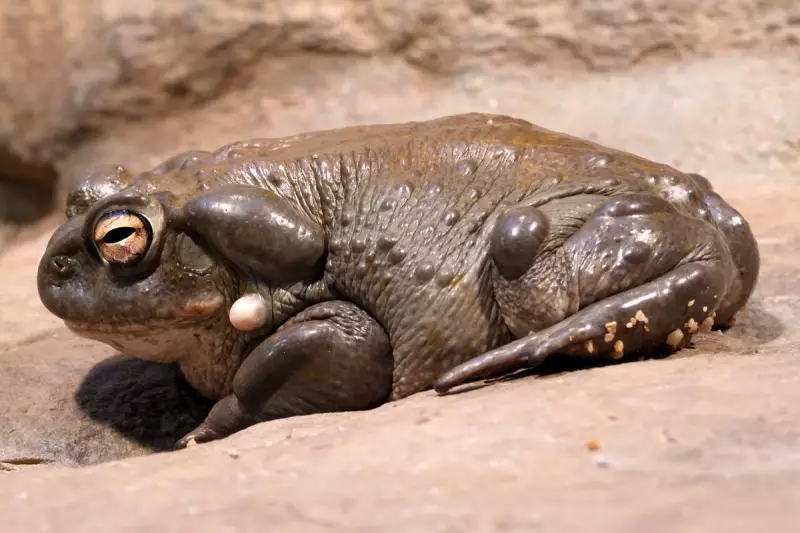
The City of Phoenix has issued an urgent warning to residents as the population of Sonoran desert toads explodes across the Arizona landscape. These oversized amphibians, which can grow to nearly 18cm in length, are causing concern due to their highly toxic secretions.
Authorities are particularly worried about the toad's potent venom, which contains 5-MeO-DMT - a powerful psychedelic compound that has attracted dangerous interest from thrill-seekers. The Phoenix Police Department has explicitly warned against licking the toads, stating the practice could prove fatal.
Monsoon Season Creates Perfect Storm
The current population boom is directly linked to Arizona's monsoon season, which creates ideal breeding conditions for the toads. "These toads thrive in the moisture," explained a city spokesperson. "The recent rainfall has created numerous breeding pools, leading to a significant increase in their numbers."
The toads emerge during evening hours to hunt insects, often gathering around streetlights and outdoor lighting where prey is abundant. This brings them into closer contact with humans and pets than usual.
Deadly Danger to Pets and Humans
Veterinary clinics across the region are on high alert, as the toad's toxins pose a serious threat to curious dogs and cats. "The venom can cause severe symptoms in pets, including excessive drooling, seizures, and even death if not treated immediately," warned local veterinarian Dr. Sarah Jenkins.
For humans, the risks are equally severe. While some have sought out the toads for their psychedelic properties, medical professionals stress that the secretions contain multiple toxic compounds beyond the psychoactive elements. "This isn't a recreational opportunity - it's a potentially deadly encounter," cautioned Dr. Michael Torres of Phoenix General Hospital.
What to Do If You Encounter a Toad
Phoenix officials recommend:
- Keep pets on leashes during evening walks
- Never handle the toads with bare hands
- If pet contact occurs, rinse their mouth immediately with running water
- Seek veterinary attention without delay
- Report large gatherings of toads to city wildlife services
The city has deployed additional resources to monitor the situation as the monsoon season continues, with wildlife experts predicting the population surge may last several more weeks.





